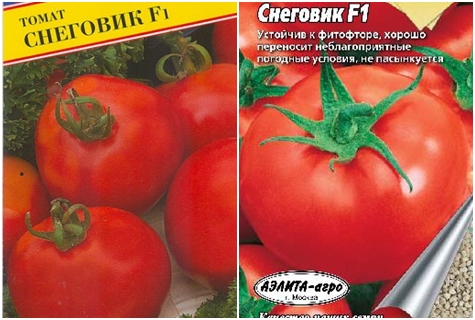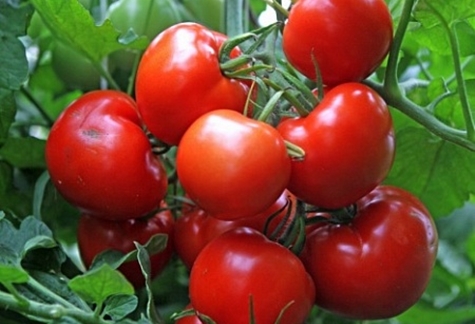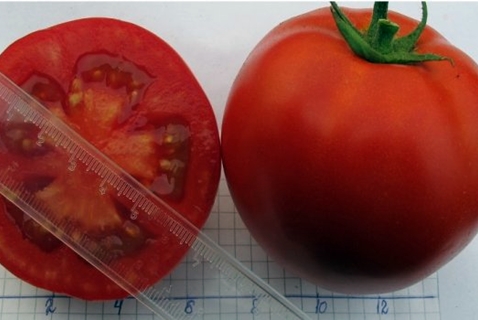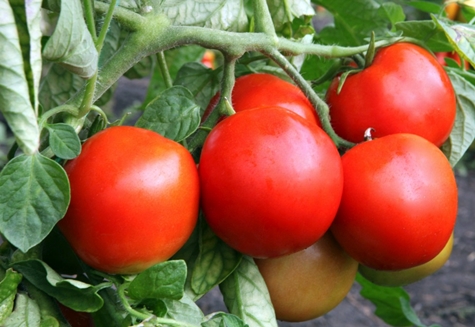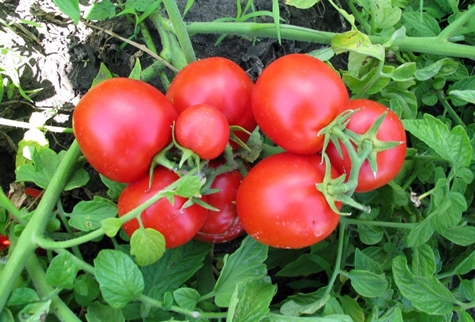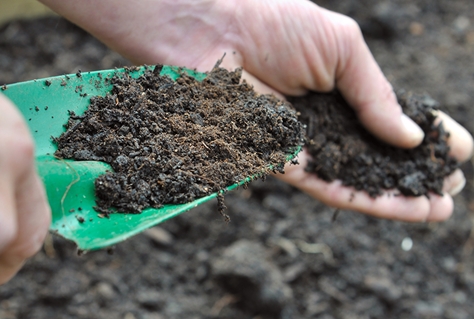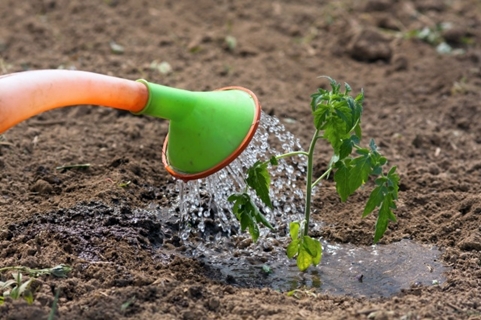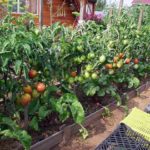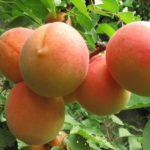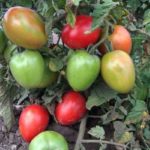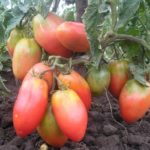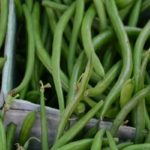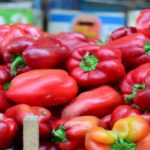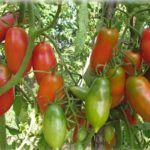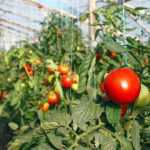Snowman tomatoes were bred by breeders relatively recently. The variety is resistant to diseases and produces high yields. Feels great both in a greenhouse and when grown in open ground. Rich yields are possible even if the summer is rainy or dry. This will require following all recommendations.
A ripe harvest has excellent taste and aesthetic qualities. In addition, this variety is early ripening.It was bred so that within 80-85 days after germination, high-quality tomatoes could be sold on the market.
Description of the variety
Tomato Snowman f1 is a first generation hybrid variety. Provides gardeners with an early and large harvest.
General plant data
Depending on where the plant is planted, its bush will have different heights. In open ground it reaches 70 cm, and in closed ground - 120.
The leaves are medium sized, dark green in color, and cover the plant moderately.
Fruit
The ripening of the “snowman” is characterized by the formation of clusters of an average of 5 tomatoes. By the time they are fully ripe, the fruits will have time to change color from light green to rich red. The shape of the vegetable is flat-round with a ribbed surface at the foot. The tomato has an average size and weight up to 160 g.
The pulp of the Snowman f1 variety is characterized by:
- Juiciness;
- Moderate density;
- The thin skin has a glossy surface;
- Small number of seeds;
- Safety from cracking;
- Sweetish, deep taste.
Harvest
With proper care, tomato yield in shelters reaches 15 kg per m², in open ground - 9 kg per m². So from one plant there will be up to 5 kg of ripe tomatoes. For example, one tall bush of the Japanese truffle variety can produce from two to four kg of harvest. Therefore, Snowman is rightly called a high-yielding type of tomato.
Usage
The characteristics of the hybrid give it versatility in use. The harvest is great for:
- Fresh consumption.
- Additions to salads.
- Use in soups and hot dishes.
- Preparing juice.
- Canning.
- Applications in sauces and purees.
Tip: to increase transportability, tomatoes are picked when they turn milky white. This will not prevent the tomatoes from ripening normally.
Features of cultivation
To get a rich harvest, you need to know the basic recommendations for growing and caring.
Seedling
Snowman tomato seeds need to be sown 55-60 days before planting in the ground, having previously soaked the seed in a biostimulant. There is no need to disinfect the seeds; they are disinfected before sale.
For soil consistency, garden soil, peat fertilizer and the first layer of soil are useful. To begin with, garden and forest soil are mixed in a 1:1 ratio. Next, peat is added to the prepared base in a ratio of 3:1, respectively. When seeds germinate, they will need fertilizing only after planting in the ground.
Sequence of actions when sowing seedlings:
- Half a peat cup is filled with soil mixture.
- Use your finger to make a dimple 1 cm deep.
- Three seeds are placed in the hole.
- The seeds are sprinkled with a little earthen mixture.
- Spray with warm water.
- The cups are covered with film.
For seedlings to emerge, an air temperature of around 25 degrees is needed. After germination, the seedlings should be placed in a bright place. As soon as the third leaf appears, a dive is performed. And add soil mixture to the cups. Periodically, the soil in pots requires loosening and hilling.
When a month has passed, the seedlings begin to harden. The time spent outdoors in the first days is 15 minutes, every 2-3 days the time increases by 5 minutes. After two months, the plant is ready for planting in open ground or a greenhouse.
Priming
For planting tomatoes, light soil with added organic fertilizers is suitable: manure, peat, humus, wood ash. This will avoid the need to use chemical fertilizers. Before fertilizing, you should loosen the soil.
Planting in the ground and further care
Mid-May is a great time to plant tomatoes; by this time the risk of frost is minimal.
An average of 3 bushes are planted per 1 m² of soil. Watering is carried out after sunset
This variety does not need to be pinched; only the lower leaves can be removed. This will make it easier for air to reach the plants. The soil requires regular loosening, and it will need to be fertilized 3-4 times per season (alternating with mineral and organic fertilizers works well).
Diseases
The Snowman variety is resistant to painful lesions.
Fusarium does not threaten Snowmen because they are early ripening. By the beginning of the epidemic of this fungal disease, tomatoes have already ripened.
Spraying a solution of ammonia or a decoction of celandine will help against pests. Industrial insecticides can be used for the same purposes.
Conclusion
Descriptions of Snowman f1 tomatoes and reviews from gardeners perfectly illustrate the high achievements of breeders. These tomatoes are so loved by gardeners.
Beginning gardeners will like it because of its hardiness, high yield and unpretentiousness.

